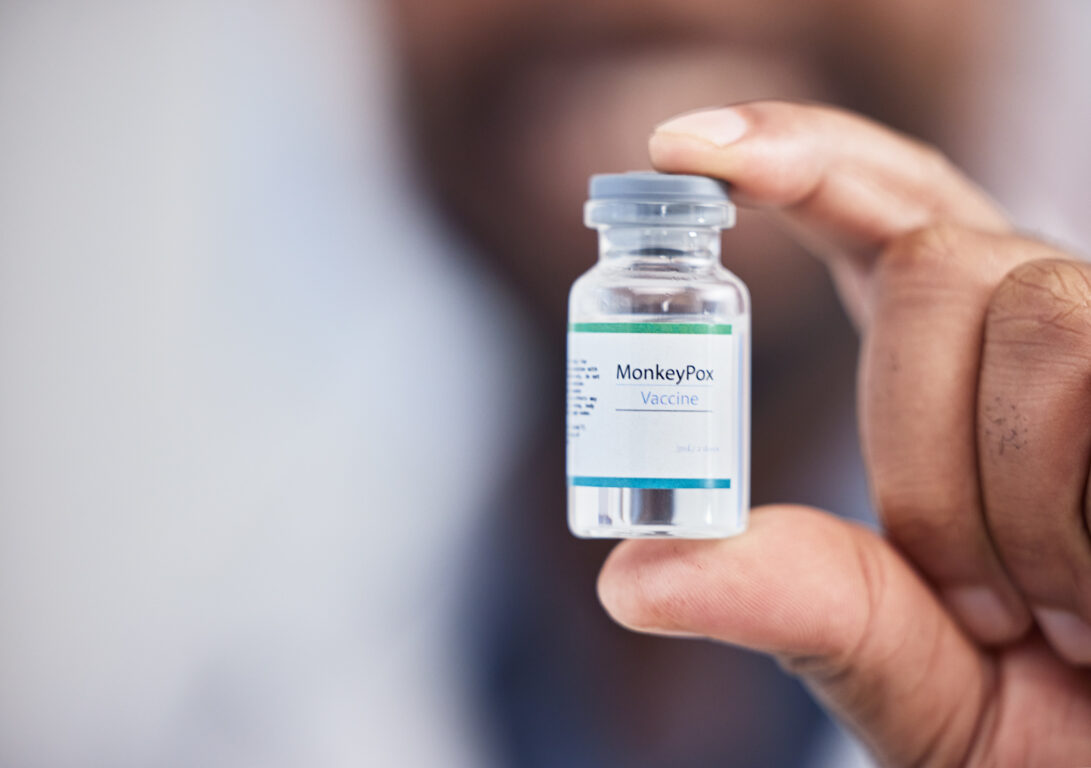Kenya Records First Mpox Death As New Cases Hit 13

Kenya has recorded its first mpox death, Public Health and Professional Standards Principal Secretary Mary Muthoni has confirmed. Speaking to Nation on Monday, Ms Muthoni revealed the confirmed cases.
- Nakuru (13)
- Kajiado (2)
- Bungoma (2)
- Taita Taveta (1)
- Busia (1)
- Nairobi (1)
- Mombasa (1)
- Makueni (1)
- Kericho (1)
- Kilifi (1)
Ms Muthoni said that, as of Monday, the National Public Health Laboratory had received 238 samples, 13 of which were positive and 225 negative.
According to the Health Ministry’s mpox update, no new mpox case had been confirmed in the preceding 24 hours. The report said that 68 contacts had been listed, 61 followed up for 21 days, three tested positive for mpox, and four were on follow-up. It added that 21,972 travellers had been screened at points of entry over the preceding 24 hours, while 1,332,420 cumulative travellers had screened in 26 points of entry.
“Risk communication and community engagement messages have been approved for dissemination to combat stigma and promote infection prevention,” the PS said. In August, Health Director-General Patrick Amoth had said healthcare facilities were fully prepared to diagnose and manage the disease, urging the public not to panic. “To reduce stigma and prevent the spread of the disease, we shall continue to share important information through our official social media accounts, the press and other public health forums countrywide,” he said at the time.
Dr Amoth urged county governments to work closely with the Health Ministry, other agencies and development partners to ensure all necessary measures are in place to protect the public. He, however, did not disclose the kind of tests the government was performing on suspected mpox patients. In the same month, Africa Centres for Disease and Control Prevention (Africa CDC) Director-General Jean Kaseya cautioned African governments against solely relying on laboratory test results for diagnosing mpox.
In an August 23 letter to Nation, Dr Kaseya expressed concern about false negative results. “Some of you are reaching out to us, especially in the context where the lab is negative for mpox. To better advise African Health ministers, the Africa CDC consulted not only the continent’s best epidemiologist and lab experts but also international experts and appropriate bodies like the US CDC, China CDC, Europe CDC and the World Health Organisation,” Dr Kaseya said in the letter. “False negatives”
“The conclusion is that relying solely on laboratory test results for diagnosing mpox is not advisable,” Dr Kaseya warned, adding that “Lab tests should be interpreted in conjunction with clinical and epidemiological data. False negatives are possible, and a negative test does not entirely rule out mpox, especially if there is strong clinical suspicion.”
There are two main strains, or clades, of mpox. Until 2022, neither was frequently reported outside of a handful of African countries. But that changed when the Clade Ilb, a virus causing a “milder” version of mpox, spread from Nigeria to the global north, birthing international concern and a large-scale effort to produce vaccines and immunise new/at-risk populations.
For all mpox cases, countries have to perform HIV and STI tests.*

